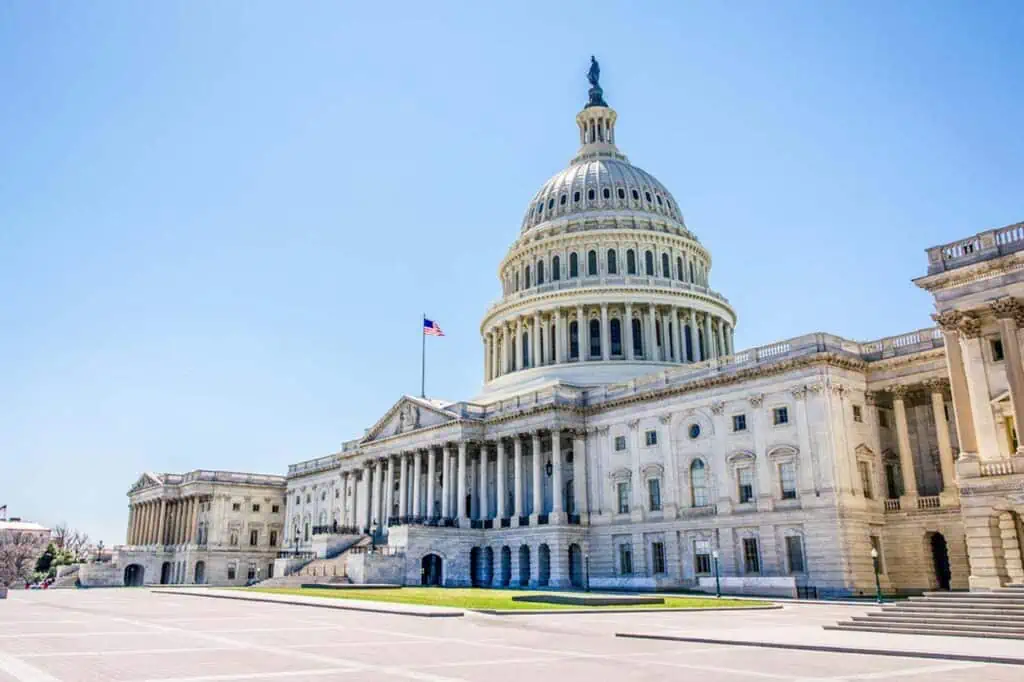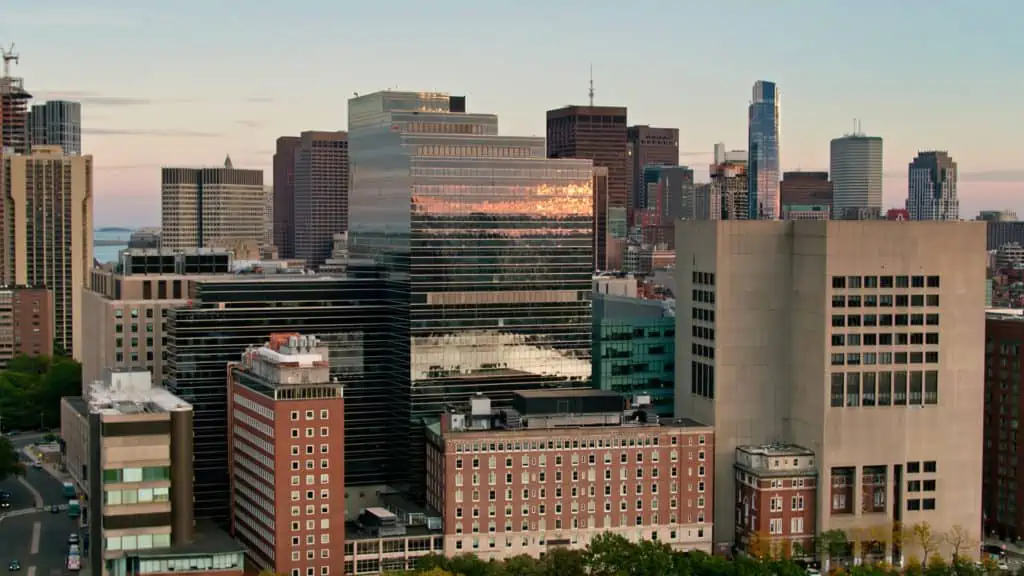Spotlight on Washington State: Collaboration for Change
The Puget Sound region, located along the northwestern coast of the state of Washington, spans miles of coastline, agricultural lands, and bustling cities, offering a vast array of landscapes and attractions. Its population, too, is diverse—one in seven Washington residents is an immigrant,¹ and the region’s cities boast a broad spectrum of languages and cultures.
Of the 1.1 million immigrants in Washington state, 38 percent have a college degree. Washington ranks above the national average in the number of immigrants working in health care in the state, but it is also among the 10 states with the highest degree of underutilization of immigrant health care professionals.
Often, states’ entry-to-practice requirements lack the flexibility to fairly assess professionals who obtained their education and experience outside the United States. As a result, well-qualified candidates—including professionals trained in fields facing significant workforce shortages—are unable to contribute their skills to meet labor market and community needs in fields like health care, STEM, and education. Outdated licensing regulations can create unnecessary barriers and challenges that deter these immigrant and refugee professionals from entering the labor market or moving across state lines. The Puget Sound Welcome Back Center, a project of Highline College and the Washington State Board for Community and Technical Colleges, tackles these obstacles head-on by supporting immigrant and refugee professionals in the region along their career journey. By building bridges between the pool of internationally trained professionals living in Washington and the need for linguistically and culturally competent professional services, the Puget Sound Welcome Back Center assists people in making the best use of their professional skills through innovative, individualized career counseling and educational services.
Key to the Puget Sound Welcome Back Center’s success in providing targeted support to immigrant health care professionals is its strong collaboration with the state board of nursing. Working with commissions in the Washington State Department of Health, the program is striving to open access for internationally educated professionals to secure jobs and economic mobility, as well as to address the needs of diverse communities. The impact: fair licensing processes that ensure equal access to often underutilized talent without lowering standards or jeopardizing public health and safety.
Internationally trained health professionals can offer unique linguistic and cultural skills that reach far beyond their professional training. During a Q&A session focused on improving access to regulated occupations for immigrants hosted by of the CLEAR Conference in September, Paula Meyer, executive director of the Nursing Care Quality Assurance Commission in Washington, described the disorienting experiences of so many patients seeking treatment in Yakima, Wash., where there is a significant Latino population but few Latino health care providers. In cooperation with the Puget Sound Welcome Back Center, Meyer has developed a working group dedicated to increasing the diversity of the nursing workforce in the region.
The progress being made in Washington State reaches across health care fields. A new state law seeks to level the field for international medical graduates (IMGs) by opening new pathways for qualified doctors with a more fair, equitable, and inclusive process. The legislation resulted from a collaborative effort directly led by immigrant and refugee doctors living in Washington including the Washington Academy for International Medical Graduates and the Somali Health Board. The Puget Sound Welcome Back Center’s health care case manager, Cheryl Cariño-Burr, calls the new law “a move forward.” It will benefit the state by bringing doctors to underserved rural areas that would otherwise face a health care crisis, she says, since their current population of health professionals is approaching retirement. [Track these and other policy updates for internationally trained immigrants and refugees on the IMPRINT coalition’s Policy Map.]
With critical shortages in the U.S. health workforce exacerbated by the COVID-19 pandemic, effective partnerships are crucial to addressing the needs of communities across the U.S. WES Global Talent Bridge invites you to share your story of how you are collaborating to bring change in your area.
Click here for more from WES Global Talent Bridge.
¹https://www.americanimmigrationcouncil.org/research/immigrants-in-washington





